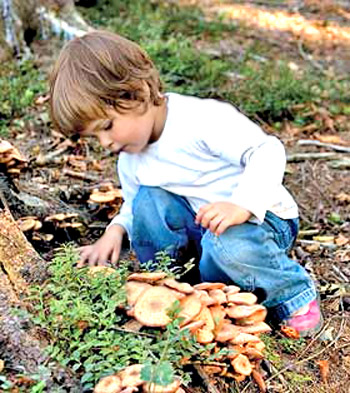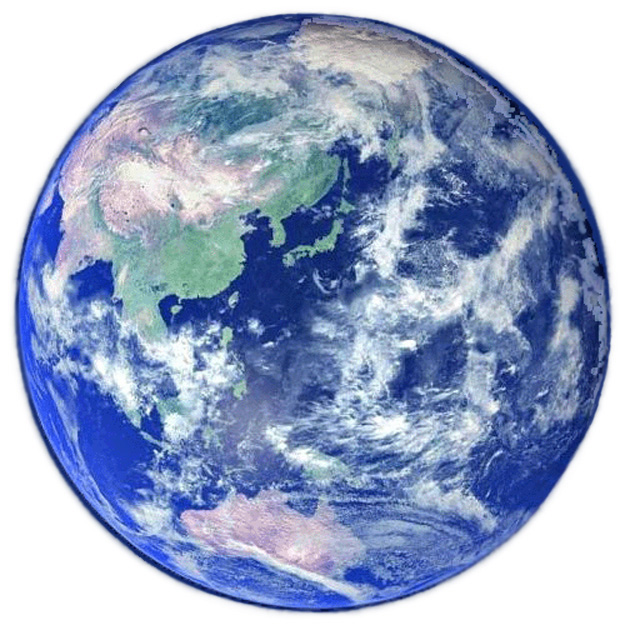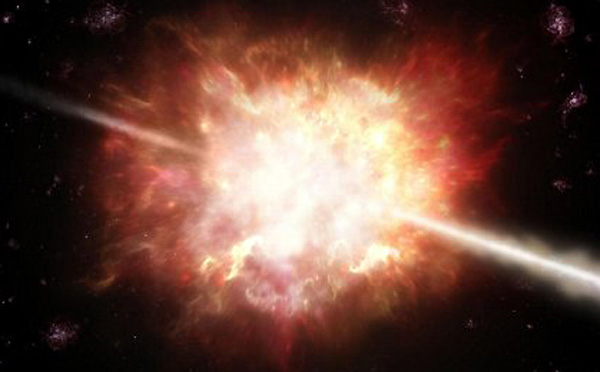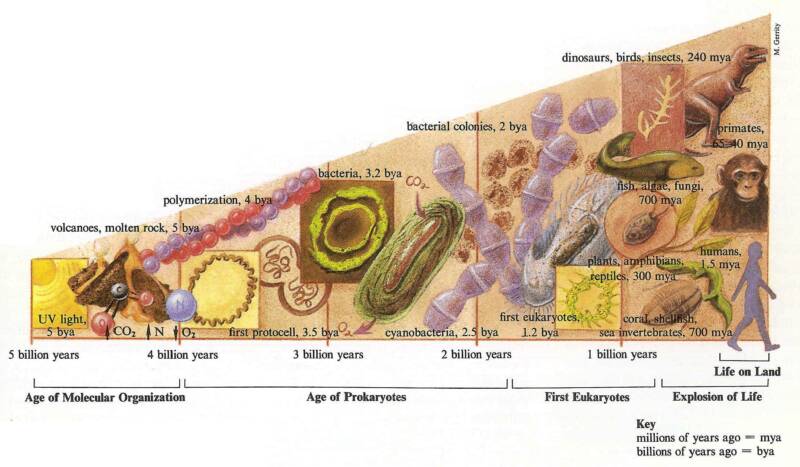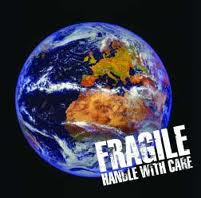In Continuing the Conversation on Resilience John Fullerton offered a provocative summary and invited more comments on the subject that started with examples found from Bill Reese and Donnella Meadows of resilience as “a Double Edged Sword”, like either social or biological diseases that change to become resistant to treatment. My comment on it got to be 1000 words…, so I just posted the introduction there, and continue it here, where I also can edit it if needed.
_________
Hmmm…. I think I both agree and disagree with all three, Geoff, Dave and Ted. I’m sure they’d point out problems with how I fit the various issues together, the way I draw the bigger picture too, of course.
The reality we’re looking for will need crucial parts contributed from many different perspectives, as no one sees what a complex society needs to work by themselves. Given our particular dilemma, critical success-or-failure issues still seem to dominate though. I myself have witnessed several decades of everyone’s seeming helplessness, in devising an escape from the converging crises many people have seen coming, and are now occurring.
It’s very odd, indeed, that human society is very actively destroying its own planet, in the name of its own self-interest. What we need is something more like an endowment, that builds up, to then sustain things rather than ever grander schemes for expanding our demands on the earth, like a cancer. That kind of “progress” threatens both our host as well as ourselves, making us a fragile organism on an ill-advised quest, to “consume it all”.
We need to break away from how nature starts everything new, with a plan for becoming infinite.
Seeing it’s not going to work, we could conceptually just, “give that up”. Still we’d have to see how to do it, and evidently don’t. The situation is complicated by our needing to respond in the interests of our whole society, in a society organized around seeking self-interest. The threat seems to come from what most benefits individuals at the expense of society, that we institutionalized over the centuries, and is only now becoming a mortal threat to the whole. To survive, society more than individuals needs to break away from how nature starts up everything new, with a plan for becoming infinite.
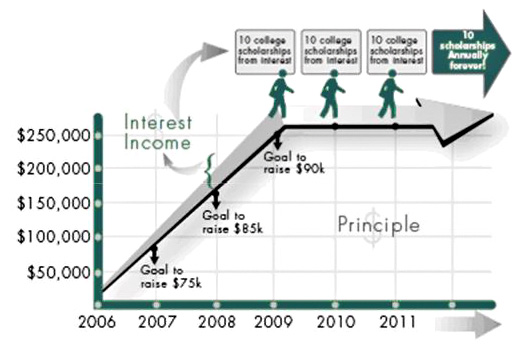
Our solutions for instability are now for the first time ever, pushing the earth itself to the limit of instability.
The problem that we have repeatedly tried to solve it, but also repeatedly haven’t, has itself been an amazingly resilient problem. We think we’re so smart, but this one has been stumping us for a long time. The “solutions” to economic instability our culture of experts offers, again and again, are intended to bring lasting prosperity, but keep becoming very unstable themselves. They’re now also for the first time ever pushing the earth itself to the limit of instability in many ways at once too.


